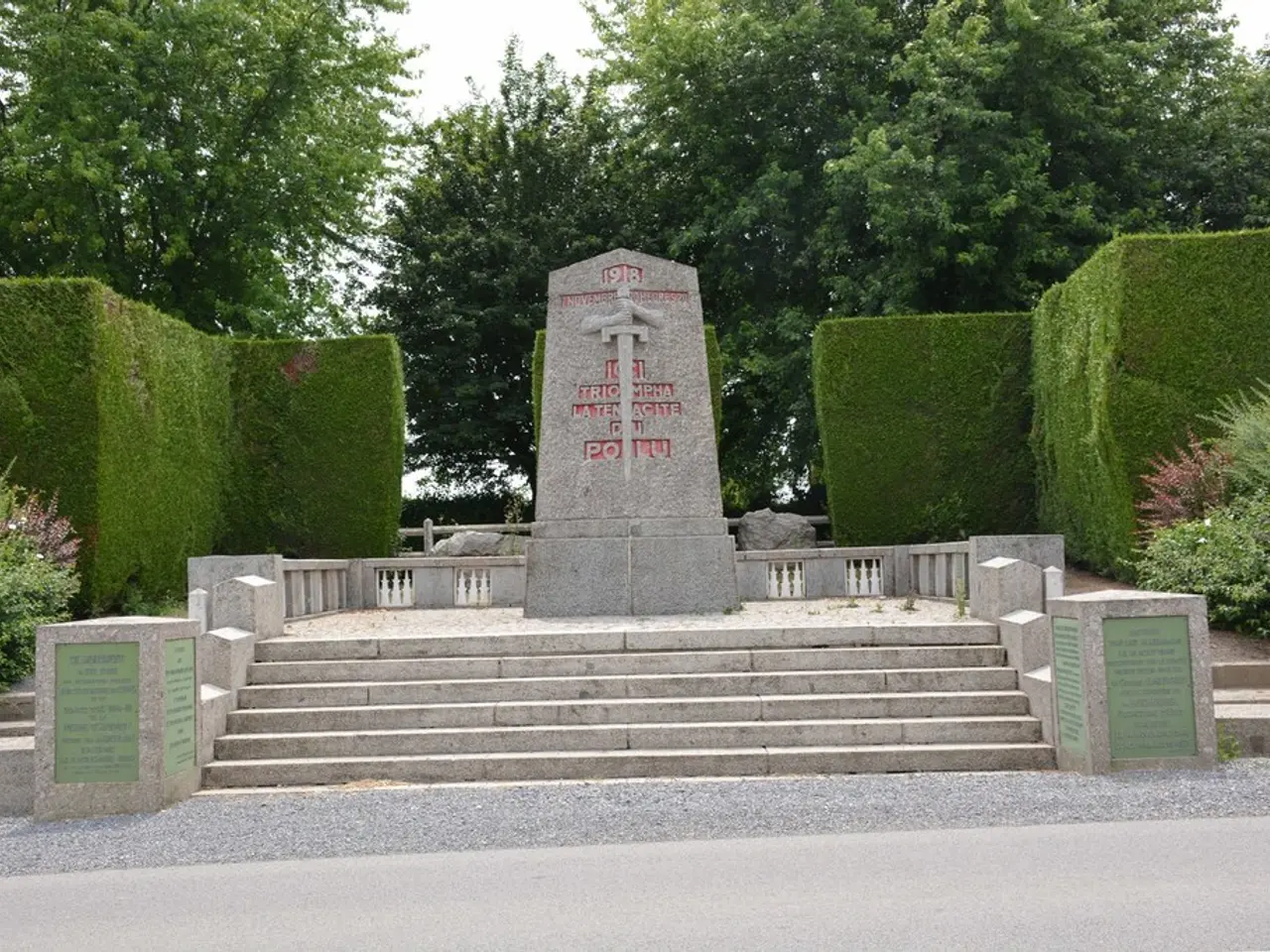Ancient language mantained by Omanis through poetry and chants
In the lush mountains of southern Oman, the endangered Jibbali language is being kept alive through a unique blend of oral traditions and academic research [1][2][5]. Known locally as Shehri, this ancient language predates Arabic and has origins in Semitic south Arabian languages [1].
One of the key preservation strategies is the use of oral traditions such as poetry and chants. Poets like Khalid Ahmed al-Kathiri recite verses in Jibbali as a cultural practice to teach younger generations through traditional storytelling and lullabies [1][2][5]. This method is crucial because Jibbali is not taught in schools and remains largely undocumented in formal education systems [1].
On the academic front, research teams led by experts such as Ali Almashani are working to produce a comprehensive 125,000-word dictionary of Jibbali [1][3]. This dictionary project aims to document the language’s unique grammar and vocabulary systematically and support further study. The digital version of the dictionary will include a pronunciation feature to help capture and represent its unique sounds that are difficult to convey with standard alphabets [1].
Oman’s Vision 2040 economic and cultural plan includes heritage preservation, under which the safeguarding of languages like Jibbali is prioritized, fostering partnerships and scholarly engagement [3][5]. Key preservation efforts include oral cultural events with poetry and chants to teach and preserve Jibbali, the compilation of a dictionary with digital sound recording features, and the inclusion of Jibbali in national heritage preservation efforts via Vision 2040.
Despite these efforts, the language faces challenges due to the dominance of Arabic and the lack of formal education in Jibbali. The community-driven poetic tradition and academic documentation represent parallel strategies aiming to stem the language’s decline [1][2][3][5]. Researcher Ali Almashani describes Jibbali as an "endangered language" spoken by no more than 120,000 people in a country of over five million [1].
Another language originating from Dhofar, Bathari, is nearly extinct, spoken only by three or four people [1]. However, the preservation of Jibbali offers hope for the revitalization of related languages and the preservation of Oman’s rich cultural heritage.
References: 1. Al-Khalili, A. (2020). Jibbali: A South Arabian Language. Oxford University Press. 2. Al-Mashani, A. (2011). Jibbali and Shehri: A Study of the Linguistic Relationship between the Dhofar and Wadi Madhab Languages. Brill. 3. Al-Mashani, A. (2015). The Jibbali Dictionary: A Project in Progress. In M. J. Verschuren & J. Versteegh (Eds.), Arabic Linguistics: Studies in the History of the Arabic Language and its Dialects (pp. 219-236). Brill. 4. Government of Oman. (2016). Oman Vision 2040. Retrieved from https://vision2040.om/ 5. Al-Mashani, A., & Al-Khalili, A. (2018). The Jibbali Language: A Study of its Syntax and Grammar. Arabian Studies Quarterly, 40(3), 213-228.
Read also:
- Confirmed instance of West Nile Virus discovered in Kentucky; authorities urge residents to adopt protective measures
- Accessing Renewed Vigor through TRT Online Services in Sarasota, Florida
- Society's Influence on Artistic Expressions
- Examining the Nutritional Breakdown of Proscuitto di Parma: In-depth Analysis versus Counterparts






